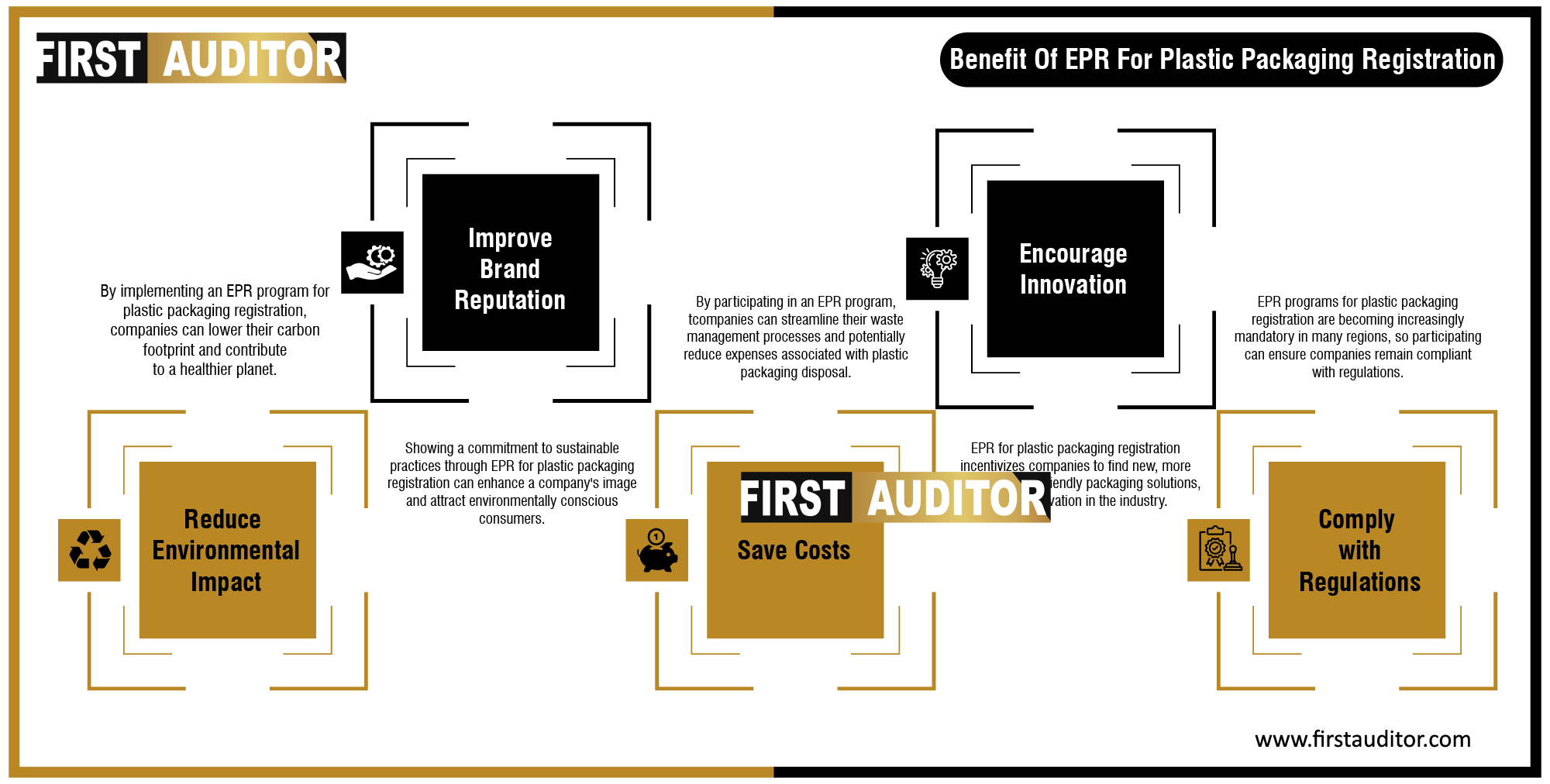The 2016 Plastic Waste Management Rules introduced extended producer responsibility (EPR), holding plastic waste producers accountable for their disposal. EPR targets waste quantity and weight, encouraging recycling through collecting stations and financial incentives. The policy aims to reduce environmental impact by encouraging recycling.
The criteria for participating in Extended Producer Responsibility (EPR) initiatives for plastic packaging include producers, importers, brand owners, and retailers who introduce plastic packaging into the market.
Businesses involved in the design, manufacture, import, or sale of plastic packaging materials are eligible to participate in EPR programs.

By implementing an EPR program for plastic packaging registration, companies can lower their carbon footprint and contribute to a healthier planet.
Showing a commitment to sustainable practices through EPR for plastic packaging registration can enhance a company's image and attract environmentally conscious consumers.
By participating in an EPR program, companies can streamline their waste management processes and potentially reduce expenses associated with plastic packaging disposal.
EPR for plastic packaging registration incentivizes companies to find new, more environmentally friendly packaging solutions, driving innovation in the industry.
EPR programs for plastic packaging registration are becoming increasingly mandatory in many regions, so participating can ensure companies remain compliant with regulations.
EPR (Extended Producer Responsibility) for Plastic Packaging registration mandates producers, importers, and brand owners to take responsibility for the plastic waste generated from their packaging. It ensures that the plastic waste is collected, recycled, and disposed of in an environmentally sustainable manner.
Manufacturers, importers, and brand owners (PIBOs) who produce, import, or use plastic packaging in their products are required to register for EPR for Plastic Packaging.
The required documents include company registration certificates, details of plastic packaging material used, plastic waste management plans, agreements with authorized recyclers, and proof of waste collection and recycling mechanisms.
To register for EPR for Plastic Packaging, visit the Central Pollution Control Board (CPCB) website, fill out the required forms, upload the necessary documents, and submit the application along with applicable fees.
Non-compliance with EPR regulations for plastic packaging can result in hefty fines, penalties, and possible legal action, including suspension of business operations, as per the guidelines of the CPCB or respective State Pollution Control Boards.
The validity of EPR for Plastic Packaging registration typically ranges from one to three years, depending on the approval from the pollution control authorities. It must be renewed periodically for continued compliance.
The processing time for EPR registration can take anywhere from a few weeks to a few months, depending on the completeness of the application and the regulatory body's review process.
No, EPR registration is typically non-transferable. Each company or legal entity must apply for its own EPR registration as per the law.